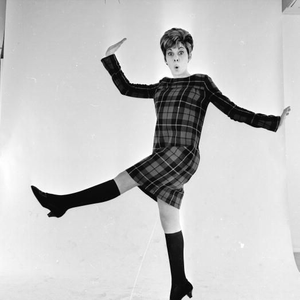
| Trackimage | Playbut | Trackname | Playbut | Trackname |
|---|---|---|---|---|
| 83576444 | Play | We Were Lovers (When The Party Began) | 00:00 Tools | |
| 83576445 | Play | Really Gonna Shake | 00:00 Tools | |
| 83576446 | Play | Question | 00:00 Tools | |
| 83576447 | Play | I Won't Try To Change Your Mind | 00:00 Tools | |
| 83576449 | Play | We Were Lovers | 00:00 Tools | |
| 83576448 | Play | You can take it from me | 00:00 Tools | |
| 83576450 | Play | We Are Lovers (When the Party Begins) | 00:00 Tools | |
| 83576451 | Play | Stop! Thief | 00:00 Tools | |
| 83576452 | Play | Stop! Thief! | 00:00 Tools | |
| 83576453 | Play | The end of the line | 00:00 Tools | |
| 83576454 | Play | Stop Thief | 00:00 Tools | |
| 83576455 | Play | Questions | 00:00 Tools | |
| 83576456 | Play | The End of Line | 00:00 Tools | |
| 83576457 | Play | The End Of This Line | 00:00 Tools | |
| 83576458 | Play | Stop Thief! | 00:00 Tools |

-
- 4,091
- plays
-
- 1,267
- listners
-
- 4091
- top track count
British pop singer Sandra Barry began her performing career in infant talent shows before attending stage school as Sandra Alfred. She made her earliest records in 1957 while co-starring on comedian Dave King's television series, and also appeared on radio on the long-running Educating Archie. Roles in several of the "St. Trininans" film comedies preceded her 1963 re-emergence under the name Mandy Mason. A brief stint at Parlophone was followed a year later by another name change, this time to Sandra Barry, Backed by the Boys -- singer Reggie King, guitarist Alan King, bassist Mike Evans and drummer Roger Powell who would all later join forces with guitarist Pete Watson to become mod cult favorites the Action. She signed to Decca for 1964's "Really Gonna Shake"; after the Boys broke off on their own, Barry was backed by the Jet Blacks, which featured future Led Zeppelin bassist John Paul Jones. When a handful of outstanding singles for Pye including 1965's "We Were Lovers (When the Party Started)" and a cover of the Lloyd Price hit "Question" failed to catch on commercially, Barry spent the remainder of the decade out of the spotlight; in 1973, she resurfaced with yet another new stage name, Alice Spring, as the front woman of pub-rock combo Slack Alice. by Jason Ankeny Read more on Last.fm. User-contributed text is available under the Creative Commons By-SA License; additional terms may apply.